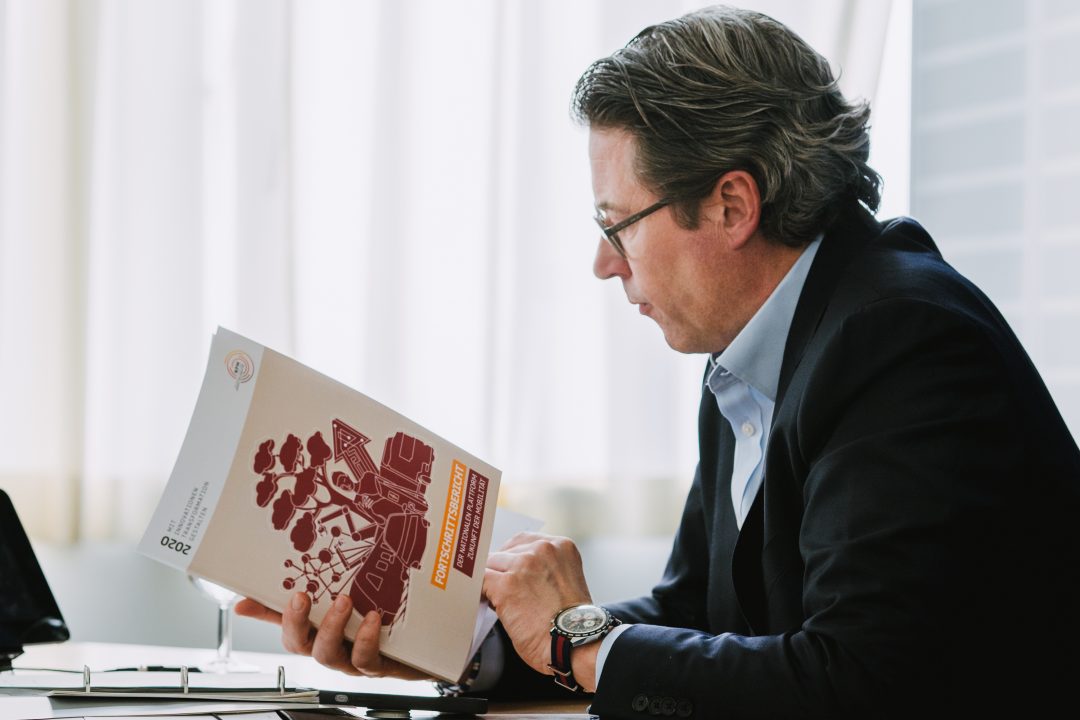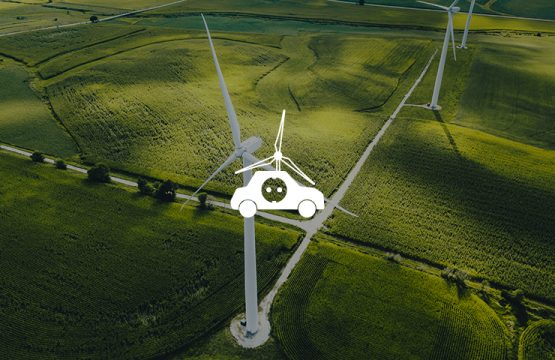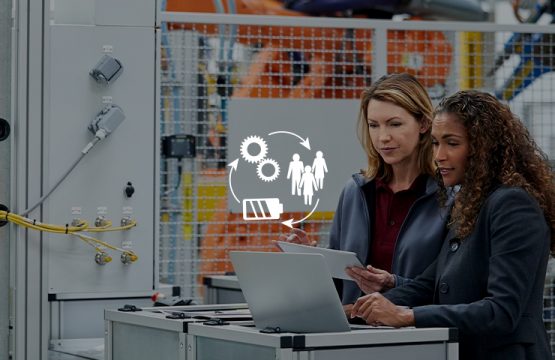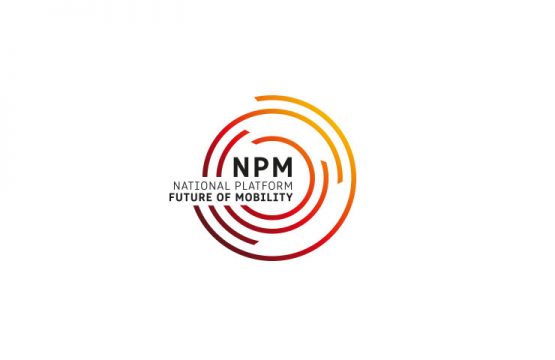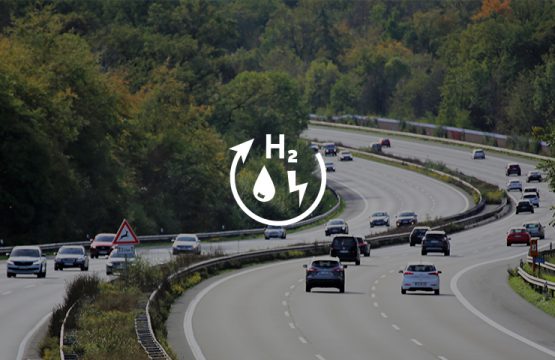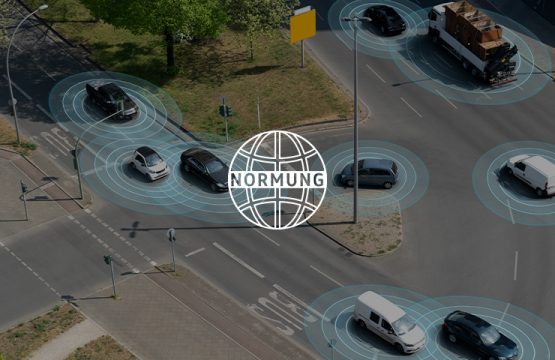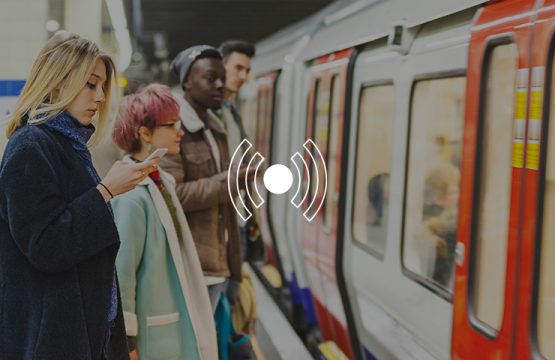- NPM’s key concern: an integrated view of mobility and user needs.
- Shaping transformation with innovations: the progress report 2020 gives an insight into the work of the NPM’s working groups over the past year.
- COVID-19 and mobility: special assignments for the NPM due to the corona situation on top of the 20 reports from the working groups.
- Political decisions taking effect: the legislation that entered into force in 2020 is having an effect on the mobility system.
During today’s virtual submission of the second progress report to Federal Minister Andreas Scheuer, Henning Kagermann, Chair of the NPM, stated:
„Innovations are of utmost importance for the future of mobility and they guarantee Germany’s sustainability. The COVID-19 pandemic with its profound consequences for the economy and society has again brought this home to us. The need for climate protection in transport and the ongoing digitalisation should absolutely be seen as drivers of innovation. Innovations are levers for economic recovery, for resilient systems and the prerequisite to making the mobility system, inter alia, more sustainable, needs-oriented and competitive.”
“We want to shape the mobility of tomorrow. That is why we have brought together all the experts to be involved in NPM. Together we are tackling new mobility concepts for urban and rural areas, new types of drives and our climate action programme. I would like to thank the many experts who have supported us with their commitment, enthusiasm and expertise in dealing with the pressing issues around sustainable, affordable and climate-friendly mobility,” emphasises Federal Minister Scheuer.
The work of NPM in 2020
Politicians, economists and citizens alike share the conviction that innovations, such as digitalisation, benefit society. For the mobility system, digitalisation is what enables intermodal networking and corresponding travel chains. This was demonstrated by WG 3 Digitalisation in the mobility sector last year in its report on platform-based intermodal mobility and recommendations for action on data and security.
The implementation of mobility innovations in new products, new business fields, new business models and therefore new markets involves large investments. Defining norms and standards across industries creates investment security and drives the implementation of new technologies. In this regard, WG 6 Standardisation, norms, certification and type approval presented three focus roadmaps on intelligent load management, on automated and connected driving and on sustainable mobility.
Decarbonising the transport sector will not succeed without technological and social innovations. By laying down specific measures and operational steps it must be shown how the defined climate targets can be achieved by 2030. The commercial vehicle sector turns out to be particularly challenging, a point which was analysed in an unbiased way by WG 1 Transport and climate change in its workshop report on the switch to alternative drives for commercial vehicles.
Openness to all the different kinds of technology available remains absolutely imperative for developing and introducing alternative drives and fuels. However, there must be a realistic assessment of technologies in terms of when they become available on the market. That is why last year, WG 2 Alternative drive technologies and fuels for sustainable mobility assessed and classified the possible uses of alternative drives and fuels in real conditions.
When it comes to integrating the energy and mobility networks and to the development and expansion of suitable charging and refuelling infrastructures, different interests need to be balanced and appropriate solutions found. In 2020, WG 5 Connecting mobility and energy networks, sector integration produced several reports in which it investigated key technical and economic aspects relating to charging infrastructure. These serve to answer questions regarding energy and load management during the charging process as well as questions regarding customer-friendly, needs-oriented, widely available and economical charging infrastructure.
Germany has the opportunity to build new industrial value networks through mobility innovations and by developing and industrialising key technologies and therefore securing production in Germany and Europe. In 2020, the work of WG 4 Securing Germany as a place for mobility, production, battery cell production, primary materials and recycling, training and qualification focused on the value networks around battery recycling and electrical machines as well as on topics relating to strategic personnel planning and the impact of structural changes on employment in particularly hard-hit regions.
Future mobility types and solutions need to take people’s conditions and needs into account. Only then will they be accepted and used. Spatially concentrated test and demonstration environments in laboratories known as “real-world laboratories” can promote acceptance and application. The real-world laboratory for digital mobility in Hamburg was set up last year at the initiative of WG 3 with the aim of testing and experiencing the mobility of the future in day-to-day conditions.
The publication of the progress report coincides with the makeover of the NPM website. Further information, the working groups’ reports as well as the new progress report are all available on www.plattform-zukunft-mobilitaet.de.
About NPM – National Platform Future of Mobility
The National Platform Future of Mobility brings together experts in the fields of politics, the private sector, associations, research institutes and NGOs to develop visions for sustainable, environment- and climate-friendly, affordable and competitive mobility in Germany. Presided by Prof. Dr. Henning Kagermann, six working groups develop intermodal guidance to politicians, businesses and society in a technologically-neutral way.
Contact:
Alexandra Huß
Communication advisor
Office of the Chairman of National Platform Future of Mobility
huss@acatech.de
+49 (0)30 / 206 30 96 86
+49 (0)160 / 714 93 25
